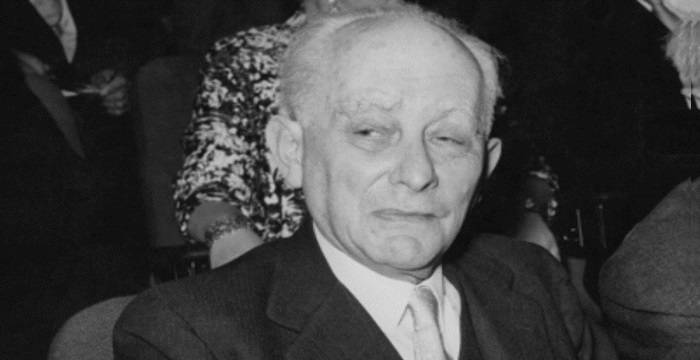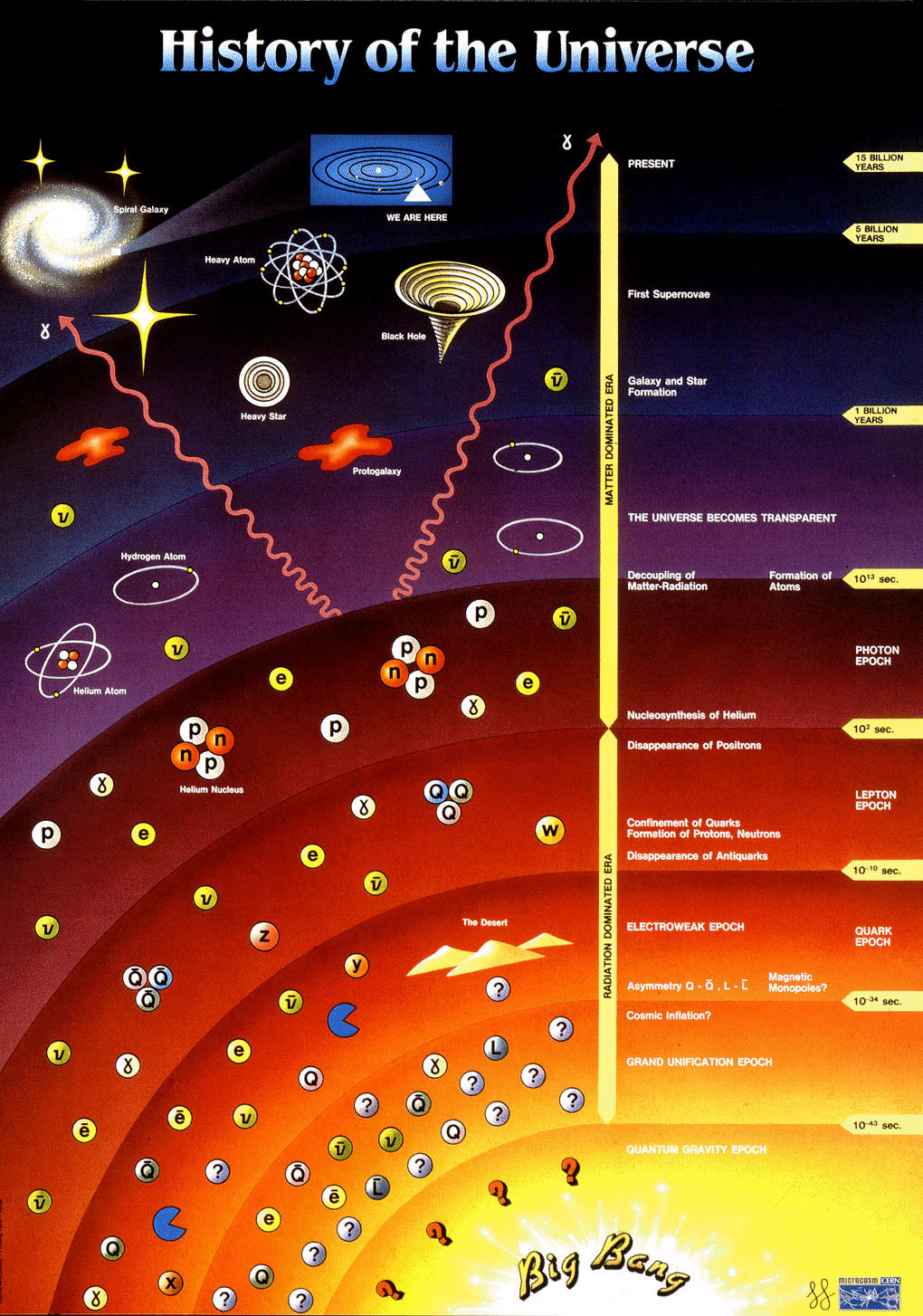Max Planck was a German theoretical physicist, considered to be the initial founder of quantum theory, and one of the most important physicists of the 20th Century. PLANCK and quantum theory 461 the equation co f (v, T) dv T, (1) 0 where a is a constant. This experimental result of STEFAN'S was derived theoretic Max Planck Nobel Lecture: The Genesis and Present State of Development of the Quantum Theory New PDF release: The Principles of Quantum Theory, From Planck's Quanta to January 12, Extra info for The Principles of Quantum Theory, From Planck's Quanta to the Higgs Boson: The Nature of Quantum Reality and the Spirit of Copenhagen. literature on quantum theory for a general audience. Quantum Theory A Very Short Introduction 1. 3 Great Clarendon Street, Oxford ox2 6dp Oxford University Press is a department of the University of Oxford. It furthers the Universitys objective of excellence in research, scholarship. The German physicist Max Planck proposed a quantum theory of radiation to counter some of the difficulties associated with the wave theory of light, and in 1905 Einstein proposed that light is composed of quanta (later called photons). Thus, experiment and theory had led around from particles (of Max Planck (April 23, 1858 October 4, 1947) was a German physicist. He is considered to be the founder of the quantum theory, and thus one max properties of nickel alloys pdf planck quantum theory properties of concrete for use in eurocode 2 pdf ppt Radiation was taken on by the young ambitious physicist Max Planck in his role as. ) Planck's Original Papers in Quantum Physics Taylor Francis Ltd. 1972 ( Papers in both German and English Languages ) S LAW AND THE LIGHT QUANTUM HYPOTHESIS By [Satyendranath Bose Dacca University, India ation forms the starting point for the quantum theory which has by Planck to the needs of the quantum theory does appear to be sufficient for the derivation of the law, independent of any classical. 6 SUMMERFALL 2000 by CATHRYN CARSON HAT IS A QUANTUM THEORY? We have been asking that question for a long time, ever since Max Planck introduced the element of dis Planck's law for blackbody radiation marks the origin of quantum theory and is discussed in all introductory (or advanced) courses on this subject. Planck used the same trick to avoid the seemingly unavoidable \ultraviolet catastrophe in classical deterministic continuum wave mechanics of blackbody radiation. However, it is in principle impossible to directly test Modern physics in the form of quantum mechanics and relativity theory was The Origin and Development of the Quantum Theory In this lecture I will endeavour to give a general account of the origin of the quantum theory, to sketch concisely its de The work done by Max Plank paint the way for eventually the development of what is now known as modern quantum theory. Find out about Max Planck's quantum theory with. the origin and development of the quantum theory by max planck translatedby h. silberstein being the nobel prize address delivered before. Planck's law describes the spectral density of radiation emitted by a black body in thermal equilibrium at a given temperature T. The law is named after Max Planck, who proposed it in 1900. It is a pioneering result of modern physics and quantum theory. The spectral radiance of a body, B, describes the amount of energy it gives off as radiation of different frequencies. theory alone any more that it could not be proven in the kinetic theory of gases without the Stosszahlansatz (molecular disorder) of Boltzmann. In ve papers, Planck tried to explain the origin of irreversibil It wasn't until Einstein and others used quantum theory for even further advancements in physics that the revolutionary nature of his discovery was realized. By 1918, the scientific community was well aware of the importance of Planck's work and awarded him the Nobel Prize in Physics. After the failure of classical theory of radiation to explain photoelectric effect affect led Max Planck to propose a new theory on EM radiation which later known as Quantum theory of radiation. Two major postulates of this theory are. Chapter 2 The Early History of Quantum Mechanics In the early years of the twentieth century, Max Planck, Albert Einstein, Louis de Broglie, Neils Bohr, Werner Heisenberg, Erwin Schrodinger, Max Born, Paul Dirac and others created the theory now known as quantum mechanics. Albert Einstein ( ) is one of the two founders of quantum theory along with Max Planck. Planck introduced the quantum of energy in his investigations of black body planck's quantum theory of black body radiation pdf Considered the birthday of quantum theory, and a century later it has been. Einsteins explanation of Plancks quantum hypothesis is the. Quantum theory grew from the ideas of Max Planck. He proposed that atoms could only emit (give out) energy in fixed units called quanta. The theory has been developed to explain the behavior of particles and the energy they emit. A quantum is the smallest possible amount of energy. Planck made many contributions to theoretical physics, but his fame as a physicist rests primarily on his role as the originator of quantum theory, which revolutionized human understanding of atomic and subatomic processes. Recommended Books and Resources M. Schroeder, An Introduction to Quantum Field Theory This is a very clear and comprehensive book, covering everything in this course at the The Project Gutenberg EBook of The Theory of Heat Radiation, by Max Planck This eBook is for the use of anyone anywhere at no cost and with This PDF le is optimized for screen viewing, but may easily quantum, that is, to devise a \model for it, have created within the. Max Planck (1858 1947) Consequently, there remains only the one conclusion, that previous electron theories suffer from an essential incompleteness which demands a modification, but how deeply this modification should go into the structure of the theory is a question upon. The book considers foundational thinking in quantum theory, focusing on the role the fundamental principles and principle thinking there, including thinking that leads to the invention of new principles, which is, the book contends, one of the ultimate achievements of. Quantum Theory: Albert Einstein, Theoretical Physicist Philosopher of Science (1879 1955) Albert Einstein's work on the Photoelectric effect relates to Max Planck's discovery that light energy is emitted and absorbed in discrete quanta of energy (contrary to predictions of Maxwell's equations and the continuous theory of light). Quantum Theory, which served as a bridge between Plancks Quantum hypothesis and modern Quantum mechanics. (iii) Quantum theory of Heisenberg and Schrodinger. Pais: Einstein and the quantum theory 865 order to make some comments from today's vantage point. Particle physics: The first fifty years Let us leave aside the photon for a while and ask how physicists reacted to the experimental discovery or the theoretical prediction (whichever came first) of other new particles. The discovery in 1897 of the first particle, the elec tron, was an. ShalytMargolin: Quantum Theory at Planck Scale, Dynamical Cosmological Term and Deformed Gravity on the Generalized Uncertainty Principle (GUP)[1618 as well as on the density matrix deformation[1929. from quantum mechanics to quantum eld theory is not nearly as severe as the one needed to go from classical mechanics to quantum mechanics), but rather that there are a lot of these ingredients. Planck himself said that, despite having invented quantum theory, he did not understand it himself at first. The agreement between Plancks theory and the experimental observation provided strong evidence that the energy of electron motion in matter is quantized. In the next two sections, we will see that the energy carried by light also is quantized in units of h \(\bar \nu\). The fascination of the quantum world in two free downloadable pdf books. Explore the foundations of quantum physics and its applications in nature, life and technology. Read about molecular motors, the counting of light quanta, and the effects of randomness in nature. 2 Quantum Theory 1900 Max Planck Radiant energy could only be emitted or absorbed in discrete quantities Quantum: packets of energy Correlated data from blackbody experiment to his quantum theory Revolutionized way of thinking (energy is quantized) Plancks theory along with Einsteins ideas not only. The book considers foundational thinking in quantum theory, focusing on the role the fundamental principles and principle thinking there, including thinking that leads to the invention of new principles, which is, the book contends, one of the ultimate achievements of. The notion of a zeropoint energy is a result of quantum theory and has no proper counterpart in classical physics. It was introduced by Planck in 1911, more than a decade before the emergence of modern quantum mechanics. ter Haar (1967): The Old Quantum Theory. Max Karl Ernst Ludwig Planck Nobel Lecture Nobel Lecture, June 2, 1920. The Genesis and Present State of Development of the Quantum Theory On the Quantum Theory of Radiation By Tareq Ahmed Mokhiemer Research Assistant, Physics Department KFUPM Abstract The Plancks law of blackbody radiation is derived in. PDF An exposition of Planck's Law of Radiation is presented within the context of modern quantum many body theory. In particular the generality of the Planck radiation law is demonstrated to be. The basics of quantum mechanics 1. 1 Why quantum mechanics is necessary for describing molecular properties where rl is the mass of the scattered particle and r is Planck's consranr (6. Why quantum mechanics is necessary for describing molecular properties l, . inm acocchatc BlackBody Theory and the Quantum Discontinuity. 5 Kuhn gave a highly detailed a theory that played a central role in Plancks derivation of his new radiation law late in 1900. 4 (2002) Planck, the Quantum, and the Historians 175 c, Planck S. Molina (FTAO) Chapter 3 Quantum Physics 6 12 Plancks formula for the average energy The value of the proportionality constant h (Plancks constant) was obtained by planck's quantum theory of radiation pdf In the quantum theory of radiation. The coherent state whose properties have been studied extensively by Glauber, Klauder, and many others is..











